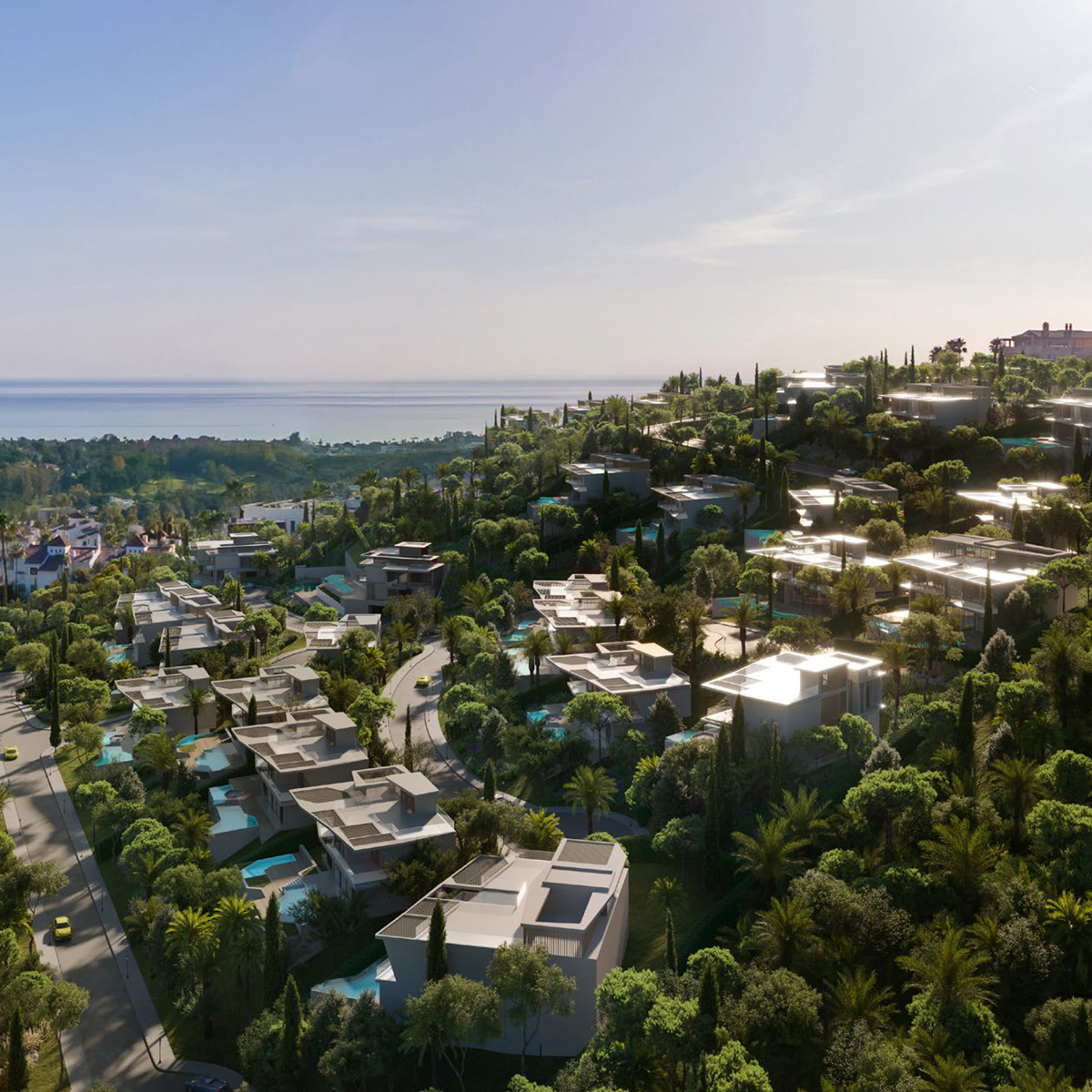The Spanish government has begun the process of eliminating the so-called «golden visa» scheme for property purchases. Currently, under the scheme foreign investors have the option of a fast-tracked residency.
At a Cabinet meeting on Tuesday, Spain’s ministers agreed to end the awarding of the golden visa for property purchases. The scheme offers a residence visa in exchange for buying property worth €500,000 or more.
The visa scheme, created in 2013 by Rajoy’s conservative government, was viewed as a way to attract foreign investment in the country. At the time, Spain’s property sector had been hit hard by the eurozone crisis.
Since the inception of the scheme to 2023, a total of 6,200 visas were issued for investment in property, according to the organisation Transparency International. This equates to an average of 620 visas issued in each of the ten years the legislation has been in place.
Nearly half of beneficiaries of Spain’s Golden Visa – 2,712 – were Chinese, according to Transparency International.
Russians were the next most numerous recipients, with 1,159, followed by Iranians (203), and citizens of the US (179) and the UK (177).
The «golden visa» scheme did not just cover property purchases. Under the legislation, investment of €2m or more in state bonds, or for investing in emerging Spanish companies also provided fast track residency.
However, only 6% of visas were awarded for reasons other than the purchase of property, the government said.
PM Sánchez says ‘housing is a right’
Prime Minister Pedro Sánchez said the intention to scrap the scheme was intended «to guarantee that housing is a right and not merely the subject of business speculation».
In a speech, he said the majority of visas awarded were linked to the purchase of properties in places such as Madrid, Barcelona, Valencia, Málaga, Alicante and the Balearic Islands – all areas where the housing market «is under enormous pressure and where it is almost impossible for people who live and work in those places and pay their taxes each day to find affordable housing».
«Today, 94 out of every 100 such visas are linked to real estate investment…in major cities that are facing a highly stressed market and where it’s almost impossible to find decent housing for those who already live, work and pay their taxes there,» Sanchez said.
Will amending the Golden Visa scheme make a difference to the local housing market?
In Spain in 2023, 640,451 homes were bought. Of them, only 589 were associated with Golden Visas. That is less than 0.1% of the property purchases. This alone is clearly not a driving factor to local housing issues.
However, pressure is being applied from outside Spain, with the European Commission calling on EU members to clamp down on such schemes. The reason for the call is partly because of security concerns, especially since Russia’s invasion of Ukraine.
Critics say the elimination of the Golden Visa scheme will not improve matters for the local housing market.
Sandro Soave, founder of Soave Property Investments, said, “Golden visas are available for properties which are generally not within reach of the average buyer, Spanish or foreign. I cannot see how removing the visa will help. Social and affordable housing needs to be ramped up to address the issues Pedro Sánchez mentioned.”
Francisco Iñareta, of Idealista, also commented on the decision. «The problem with housing in Spain, both in terms of sales and rental, is not caused by the Golden Visa, but rather by the increasing lack of supply [of housing] and the accelerating growth in demand,» he said.
Other countries have either scrapped or amended their investor visa schemes. In 2022, the UK government ended a scheme allowing wealthy foreign nationals to settle in the country if they brought assets with them. The following year, Ireland scrapped its Golden Visa, while Portugal revised its own version of it, no longer allowing residency in exchange for property purchases.
